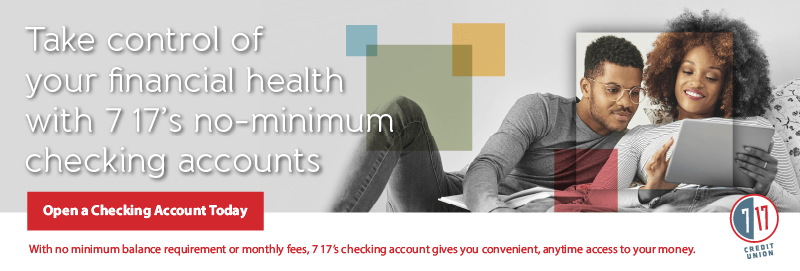- 7 17 Staff
Weighting Your Options: Renting vs Buying Your First Home

Owning a home isn’t merely a dream that you achieve once you reach a certain age. For many prospective homebuyers, the decision to switch from renting to buying requires a lot of planning, saving and carefully waiting for the right time to invest in a place of your own.
While there’s no perfect answer as to when you should consider buying a home, there are a number of different factors and criteria that may indicate your readiness, both financially and personally, to take the leap into homeownership.
If you’re currently renting but are eager to become a homeowner, here are some basic questions to help you pinpoint the right time to hit the housing market.
How long do you expect to stay in your home?
The value of buying a home — especially when compared to renting — is often calculated first and foremost by the amount of time you plan to stay in your home. It may be impossible to predict the future, but the longer you live in your home, the more value you will ultimately create from this investment.
Most homebuying experts suggest that five years is the magic number for turning a home purchase into a profitable investment. Even if you can’t predict exactly where your future will take you, try to make purchasing decisions based on the best available information at that time. If you’re satisfied with your current job, happy with where you live, and ready to set down roots and build equity in your home, buying might be ideal.
On the other hand, if you’re hoping to move to another location, searching for a new job or considering other big life changes, renting may give you the greatest flexibility.
How much have you saved for a down payment?
While certain home loan programs accommodate low down payments of 3.5% — or even less if you qualify for a VA loan — the amount of your down payment will affect the rate you qualify for as well as whether you’re forced to pay private mortgage insurance (PMI).
In general, PMI is an added monthly cost for any mortgages issued to consumers who pay less than 20% as a down payment. Some consumers are fine with paying this insurance premium, while others will prefer to wait a few years until they’ve saved up enough to afford that home purchase and minimize the long-term total cost of buying a home.
Buyers should also be aware that, in many cases, a larger down payment can lower your interest rate. And, if you’re someone who worries about your ability to make on-time mortgage payments, saving for a down payment can help you practice better money management while also reducing the amount of that monthly bill.
Are your income and credit score in the right place?
The question of whether to buy your first home might depend on the stability of your finances. If you’re just starting a new job, for example, you might want to wait and see whether the job is working out before you commit to a home purchase.
Similarly, if you have negative marks on your credit report, you may want to clean those up before applying for a home loan. Taking a little time to correct inaccuracies on your credit report — and to take other small steps, such as reducing your debt utilization ratio and making on-time payments to your open accounts — can boost your score and improve the interest rate offered by lenders.
While buying a home can be a great investment and financial move to help improve your financial security, it isn’t right for everyone, and timing can make all the difference.
As you build toward these long-term financial goals, seek out savings and investment products that can support your efforts. Your local credit union offers a number of financial products and resources to help you maximize the value of buying a home. Become a member today by opening a checking account.
